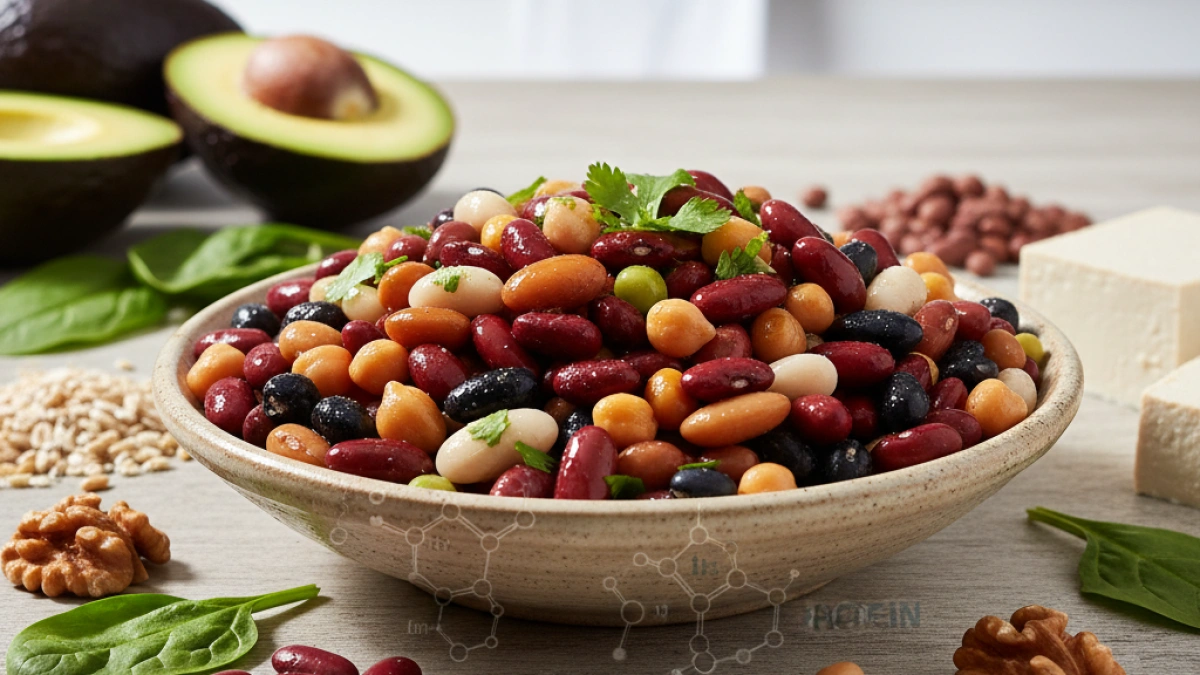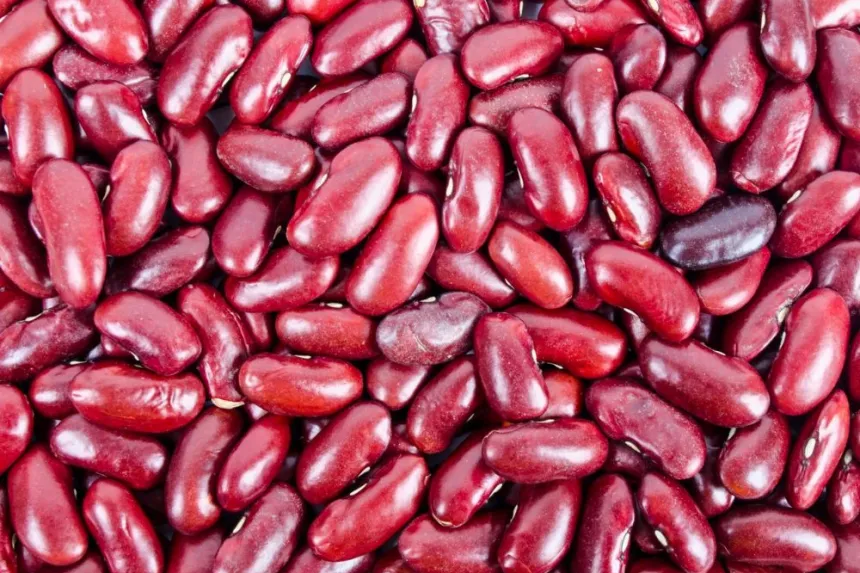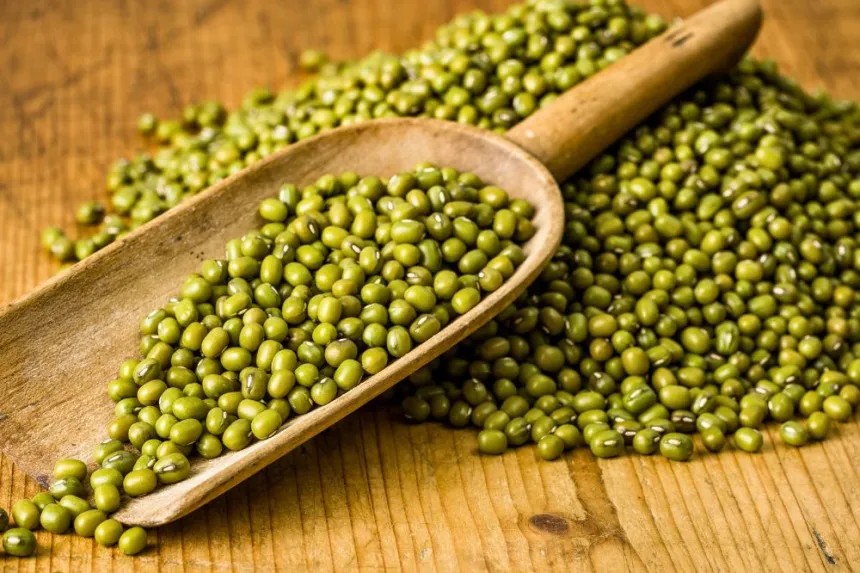Nutritional benefits and properties of beans.

Beans are an excellent source of nutrients and are an essential part of the diet of many cultures around the world. Recognized not only for their versatility in the kitchen but also for their health benefits, these legumes are a food that deserves attention. In this article, we will explore the nutritional aspects and properties of beans.
Nutritional Value of Beans
Beans are rich in protein, fiber, vitamins, and minerals. A serving of cooked beans (approximately 100 grams) provides around 8 grams of protein, making them an ideal option for those looking to increase their intake of this macronutrient, especially in vegetarian and vegan diets. Additionally, they are low in fat, making them a healthy alternative to other sources of animal protein.
High Fiber Content
One of the standout features of beans is their high fiber content. A serving contains about 6-7 grams of dietary fiber. Fiber is essential for good digestion and helps maintain intestinal health. Moreover, it contributes to cholesterol control and enhances the feeling of fullness, which can be beneficial for weight management.
Vitamins and Minerals
Beans are also a rich source of various vitamins and minerals. They include iron, magnesium, potassium, and folate. Iron is crucial for the formation of red blood cells and can help prevent anemia. Magnesium and potassium are important for heart health, as they regulate blood pressure and muscle function.
Read also
Antioxidant Properties
Beans are rich in antioxidant compounds that help combat the damage caused by free radicals in the body. These antioxidants may play a role in reducing the risk of chronic diseases, such as heart disease and certain types of cancer. Black and red beans, in particular, have been highlighted for their high anthocyanin content, a type of beneficial antioxidant.
Health Benefits
Blood Sugar Control
Thanks to their low glycemic index, beans are an excellent choice for those looking to control their blood sugar levels. The combination of complex carbohydrates and fiber in beans helps prevent glucose spikes. This makes them a recommended food for people with diabetes.
Promotion of Cardiovascular Health
Including beans in the diet can contribute to cardiovascular health. Regular consumption of legumes, including beans, has been shown to help reduce levels of LDL cholesterol (bad cholesterol), which can decrease the risk of heart diseases.
Read also
Support in Weight Loss
The combination of protein and fiber in beans can help control appetite and promote fullness. This is useful for those looking to lose or maintain weight. Being a filling and nutritious food, beans can be a great ally in a balanced diet.
Ways to Include Beans in Your Diet
Beans can be incorporated in various ways into the daily diet. They can be used in salads, soups, stews, or as a side dish in main courses. They are also excellent for making vegetarian burgers or spreads like hummus. Their versatility makes them easy to include in almost any type of cuisine.
In the end, beans are not only a delicious food but also offer a wide range of nutritional benefits and health properties. If you want to learn more about healthy foods and their benefits, I invite you to explore more news like this on my blog.











































